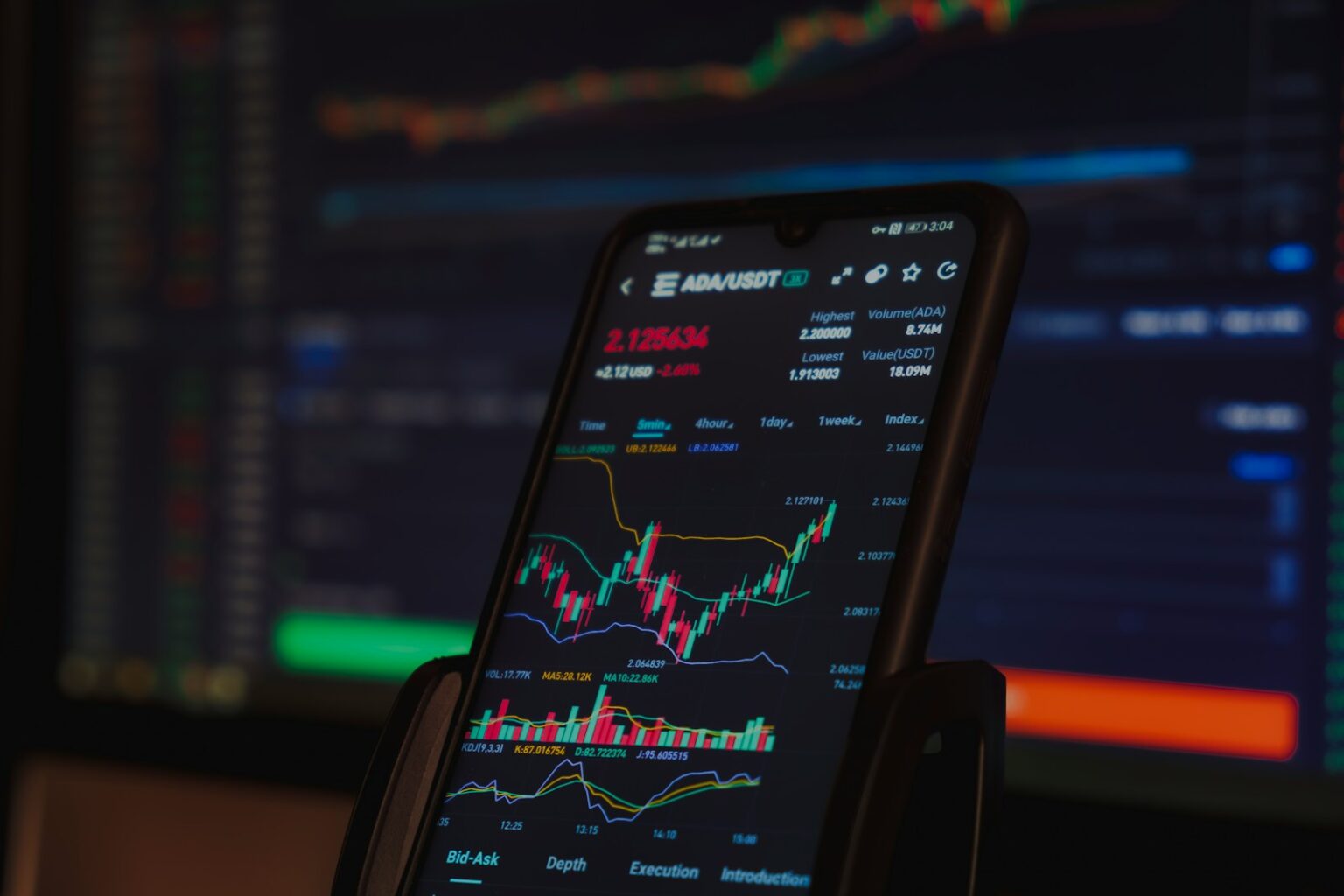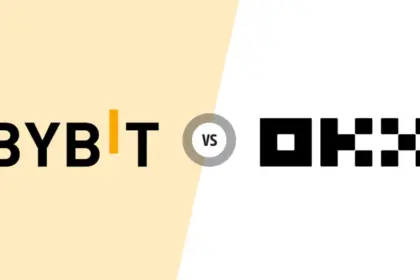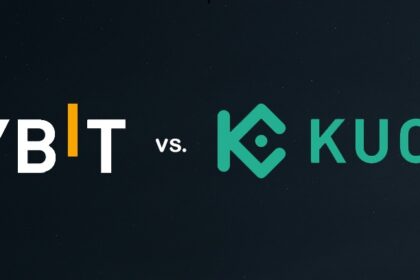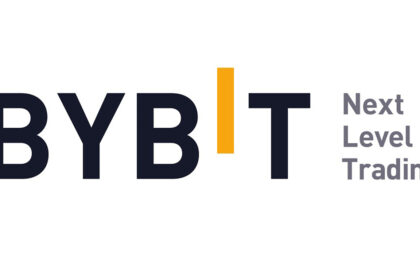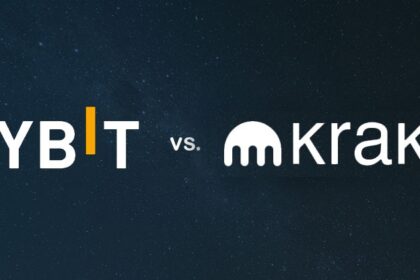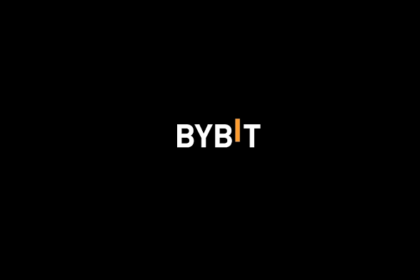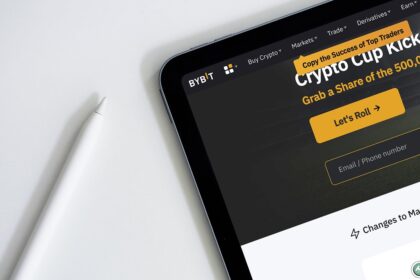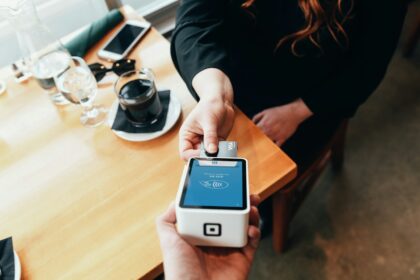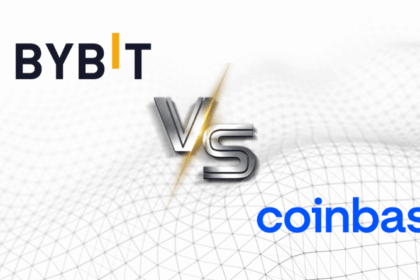The world of cryptocurrency trading is built on a fascinating paradox. On one hand, it champions privacy and decentralization. On the other, to reach the masses, it needs to be accessible, safe, and easy to use. This often means connecting to the traditional banking system. This is where the topic of KYC, or “Know Your Customer,” becomes a major point of discussion.
Bybit, one of the largest and most popular cryptocurrency exchanges in the world, has been at the center of this conversation. For years, it was famous as a go-to platform for traders who valued their privacy. But has that changed? If you are a new user or a returning trader, you are likely asking the critical question: does Bybit require KYC?
The answer to this question has evolved, and it’s crucial to understand the current policy. This article provides a complete, in-depth guide to Bybit’s KYC requirements, why they exist, what you need to provide, and what it means for you as a trader.
First, What is KYC and Why Do Exchanges Ask For It?
Before we dive into Bybit specifically, let’s clarify what “KYC” means. The term can sound intimidating, but the concept is straightforward.
Know Your Customer (KYC) is a mandatory process for financial institutions to verify the identity of their clients. Think about opening a traditional bank account. You can’t just walk in with a bag of cash and open an anonymous account. The bank requires you to show your passport or driver’s license and provide a proof of address.
In the digital world, this process is the same, just online. It usually involves:
- Identity Document: Submitting a photo of your government-issued ID (like a passport, national ID card, or driver’s license).
- Liveness Check: Taking a “selfie” or a short video of your face using your webcam or phone. This proves that you are a real, live person and not just someone who stole a photo of an ID.
- Proof of Address (Sometimes): For higher limits, an exchange might ask for a utility bill or bank statement to verify where you live.
The “Why”: AML and Global Regulations
Financial institutions don’t do this just because they are curious. They are required to by law. The primary drivers are:
- Anti-Money Laundering (AML): This refers to laws that prevent criminals from “cleaning” illegally obtained money (e.g., from drugs, theft, or scams) by passing it through a legitimate financial system.
- Combating the Financing of Terrorism (CFT): These laws aim to block the flow of funds to terrorist organizations.
For a long time, the crypto world operated in a “grey area.” But as crypto has become more mainstream, governments and regulators worldwide (like the European Union with its MiCA regulations) have demanded that crypto exchanges follow the same rules as banks.
An exchange that ignores KYC and AML rules risks enormous fines, being banned in major countries, and even criminal charges for its executives. Therefore, implementing KYC is a sign of a mature, compliant, and long-term business.
Bybit’s History: The No-KYC Era
To fully appreciate the current situation, we have to look back. For many years, Bybit was a sanctuary for privacy-focused traders. Its business model was built on crypto-to-crypto trading.
In the “old days” (which in crypto terms means as recently as 2022), you could sign up for Bybit with just an email address. That was it. You could:
- Deposit Bitcoin or other cryptocurrencies.
- Trade sophisticated derivatives (perpetual contracts).
- Withdraw your funds (up to a limit, often 2 BTC per day) back to your private wallet.
You only needed to provide KYC if you wanted to withdraw more than the daily limit or if you wanted to buy crypto directly with fiat currency (like USD or EUR). For thousands of traders, this was the perfect setup. It was fast, private, and efficient.
This policy is a major change, as the answer to ‘does bybit require kyc‘ used to be a firm ‘no’ for most users. This shift was a significant event in the industry.
The Big Shift: Bybit’s Move to Mandatory KYC
In 2023, the landscape changed completely. Bybit announced that KYC would become mandatory for all users and all services.
This was not a decision made lightly. It was a strategic move driven by several key factors:
- Global Regulatory Pressure: As mentioned, governments around the world are cracking down. To operate legally in key markets like Europe, the Middle East (specifically Dubai, where Bybit has a major presence), and Asia, Bybit had to adopt the same compliance standards as other major financial players.
- Enabling Fiat Payments: The biggest gateway for new users is fiat currency. To partner with stable, regulated payment processors like Visa, Mastercard, and bank transfer services, Bybit must have KYC in place. These partners will not work with anonymous exchanges.
- Long-Term Stability: The collapse of other major exchanges (like FTX) sent a shockwave through the industry, highlighting the risks of poor compliance. By becoming fully compliant, Bybit signals to users and regulators that it is a stable, secure, and transparent platform built for the long haul.
- Access to New Products: Many of Bybit’s most popular features, like Launchpad (where users get early access to new tokens), are now only available to verified users to ensure fair and compliant distribution.
Important Tip: If you are an old Bybit user who never completed KYC, your account is now restricted. You can no longer deposit or open new trades. You are generally only allowed to withdraw your existing funds. To continue using the platform, you must complete verification.
Current Bybit KYC Policy: The Tiers Explained
So, let’s answer the main question directly. The short, direct answer to “does Bybit require KYC?” is yes, absolutely.
As a new user, you cannot do anything of value without KYC. You cannot deposit crypto, deposit fiat, or place a trade. You must verify your identity immediately after creating your account.
Bybit has simplified its verification process into clear tiers. For most individual users, only Lv. 1 is necessary.
Bybit Individual KYC Levels
How to Complete Bybit KYC (Lv. 1)
The good news is that the process is extremely fast and simple. It usually takes less than 15 minutes.
- Sign Up: Create your account using an email or phone number.
- Go to Verification: In your account settings, find the “Identity Verification” section.
- Prepare Your Document: Get your valid (not expired) passport, national ID, or driver’s license.
- Follow the Prompts: Bybit will ask you to take a photo of the front and back of your ID. Do this in a well-lit room.
- Complete the Liveness Check: You will be asked to fit your face inside an oval on the screen. The system will scan your face to prove it’s you.
- Wait: That’s it. Verification is automated and often approved within an hour, sometimes even just a few minutes.
Join the World’s Most Powerful Crypto Exchange
Bybit is the ultimate destination for traders. With industry-leading security, a blazing-fast trading engine, and 24/7 support, it’s the compliant and reliable platform you’ve been looking for.
Geographic Differences: Bybit Global vs. Bybit EU
It’s important to note that Bybit operates under different legal entities to comply with local laws.
- Bybit Global: This is the main platform, often operating under its entity in Dubai (Bybit FZE), which serves most of the world.
- Bybit EU: To serve users in the European Union, Bybit established an entity in the Netherlands.
Both entities require mandatory KYC. There is no way around this. The main difference is that the services offered might vary slightly. For example, due to strict EU regulations (MiCA), the availability of certain high-leverage derivatives products might be different on Bybit EU compared to Bybit Global.
This is why you will see different referral codes. They are designed to route you to the correct platform for your region and ensure you get the right bonuses.
Security and Compliance First
Trade with peace of mind. Bybit’s mandatory KYC and institutional-grade security protect your assets and ensure the platform is compliant with global standards. Your safety is the top priority.
The Pros and Cons of Bybit’s Mandatory KYC
The shift to mandatory KYC was controversial for some, but it offers clear advantages and some unavoidable trade-offs. Understanding the ‘why’ behind the ‘does bybit require kyc‘ question helps users see the bigger picture.
The Pros (The “Good”)
- Enhanced Security: This is the biggest benefit for you. KYC makes it much harder for hackers to take over your account. Even if they steal your password, they cannot change withdrawal addresses or pull funds without passing verification, which is tied to your face and ID.
- Fiat On-Ramps: You can now easily buy crypto with your credit card, debit card, or bank transfer. This makes the platform accessible to beginners and allows for quick funding.
- Full Product Access: Features like Bybit Earn, Launchpad, and P2P (Peer-to-Peer) trading are now fully unlocked. These are often the most profitable parts of the exchange, and they require a verified user base.
- Regulatory Safety: A compliant exchange is a stable exchange. It is far less likely to be suddenly shut down by regulators, meaning your funds are safer for the long term.
The Cons (The “Trade-offs”)
- Loss of Anonymity: This is the most obvious one. The original spirit of crypto was privacy. With mandatory KYC, your trading activity is tied to your real-world identity.
- Data Breach Risk: This is a valid concern. You are trusting Bybit to securely store your personal data (ID photos, etc.). While Bybit has top-tier security, no system is 100% unhackable.
- Onboarding Friction: It’s one extra step. While it’s fast, it’s still a step that anonymous exchanges don’t require.
Unlock Your Bybit Welcome Bonuses
Now that you know verification is a simple and necessary step, the best way to start your trading journey is with a welcome bonus. By using a referral code, you can get significant rewards, often worth up to $30,000 in bonuses and trading fee discounts.
It is crucial to use the correct code for your region:
- For Global Users (Outside the EU): Use Referral Code
BYBIT31 - For European Union (EU) Users: Use Referral Code
BYBIT3K
Get Your Exclusive Welcome Bonus!
Sign up with a referral code to claim your rewards! Get up to $30,000 in deposit bonuses and enjoy discounts on your trading fees. This is the best way to start.
Global Code: BYBIT31 | EU Code: BYBIT3K
What About No-KYC Alternatives?
With Bybit and other giants like Binance all enforcing strict KYC, what options are left for privacy advocates? This hunt for no-KYC platforms is why the does bybit require kyc topic is so popular.
The main alternatives are Decentralized Exchanges (DEXs).
Unlike a Centralized Exchange (CEX) like Bybit, a DEX is not run by a company. It is a piece of code (a smart contract) that lives on the blockchain. Users trade directly from their own private wallets (like MetaMask or Trust Wallet).
Examples include dYdX, GMX, or Uniswap.
- Pros: Full anonymity (no KYC), you control your keys, full privacy.
- Cons: Much more complex for beginners, you pay “gas fees” for every action, no customer support, and no fiat on-ramp.
Some smaller centralized exchanges might still offer no-KYC trading, but be extremely cautious. An unregulated exchange that promises no-KYC is often based in a jurisdiction with no oversight, making it a high risk for scams, hacks, or sudden collapse.
Trade Derivatives, Spot, and More!
Bybit isn’t just an exchange; it’s a full trading ecosystem. Access hundreds of spot pairs, trade perpetual contracts with high liquidity, and grow your crypto with Bybit Earn.
Conclusion: The Final Verdict
The debate over does bybit require kyc is now settled. The days of anonymous, email-only trading on Bybit are officially over.
Yes, Bybit requires mandatory KYC Lv. 1 for all users and all services.
While this may disappoint privacy purists, it is a necessary step in Bybit’s evolution from a niche derivatives platform to a full-service, globally-compliant financial giant. This move brings massive benefits in security, accessibility (with fiat), and long-term stability.
The verification process is fast, simple, and unlocks a powerful and secure trading platform. For 99% of traders, the benefits of enhanced security and full platform access far outweigh the minor inconvenience of a 15-minute verification process.
Frequently Asked Questions (FAQ)
BYBIT3K. Using this code when signing up for the Bybit EU entity (often based in the Netherlands) gives you access to special welcome bonuses, such as deposit rewards and trading fee rebates.BYBIT31. This code unlocks significant welcome rewards, potentially worth up to $30,000, based on your deposit amount and trading activity. It’s the best way to start on the global platform.


